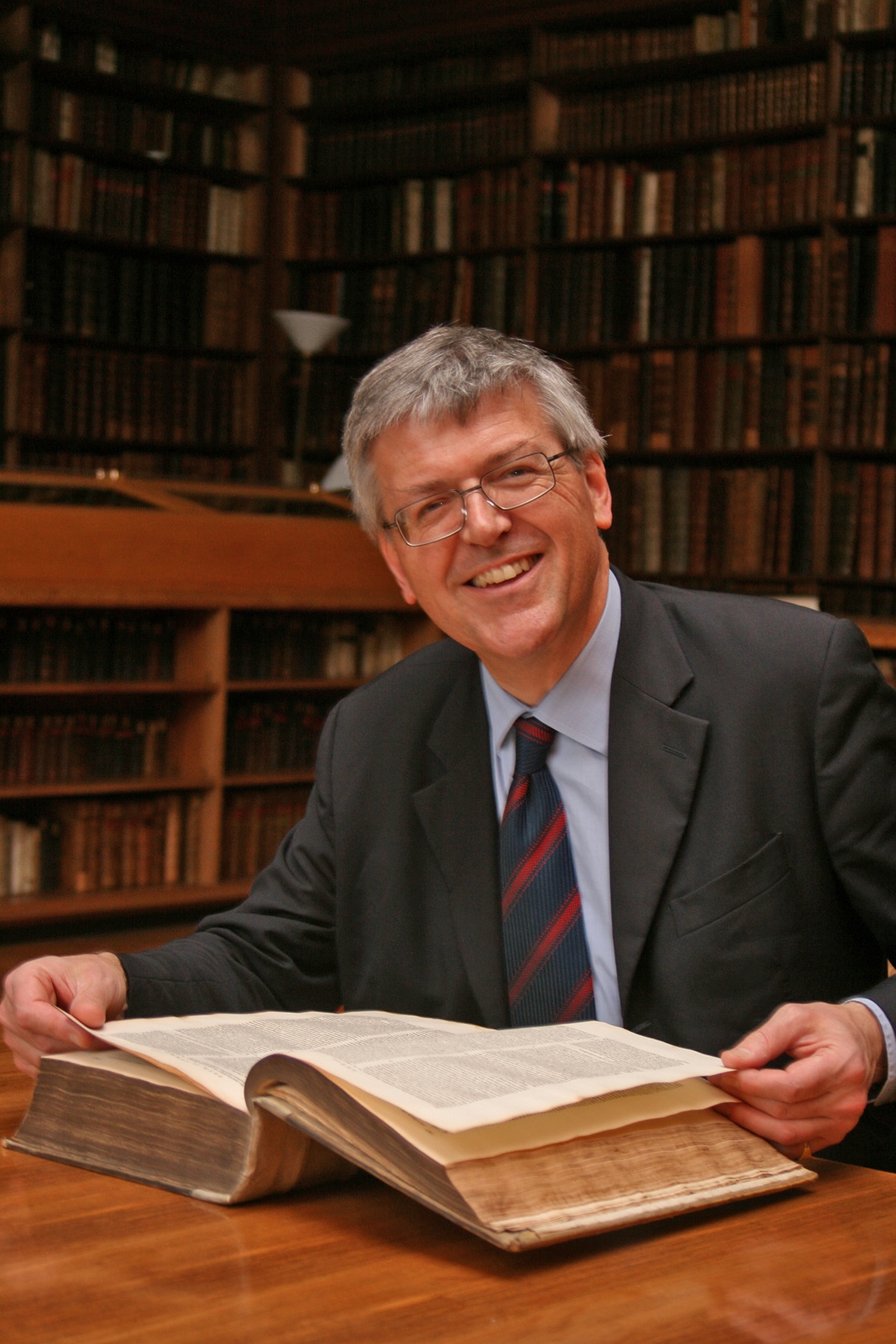Professor John Robertson is an Honorary Fellow at St Hugh’s College. John held the position of University Lecturer, Fellow and Tutor in Modern History at St Hugh’s between 1980 and 2010. In 2010 he moved to Cambridge to take up the Chair in the History of Political Thought. He retired in 2018. At Cambridge he is a Fellow of Clare College (the sister College to St Hugh’s at Cambridge.
John studied Modern History at Wadham College between 1969 and 1972, followed by a doctorate on ‘The Scottish Enlightenment and the Militia Question’ under the supervision of Professor Hugh Trevor-Roper (obtained 1981). He has held several visiting positions while on leave or in retirement, most recently at the British School at Rome, the Ecole des Hautes Etudes en Sciences Sociales in Paris, Fudan University in Shanghai, and the University of St Andrews.
Research Interests
History of Political Thought and Intellectual History c.1600-1800: particular interests in the Enlightenment, in the relation of historical writing (especially sacred history) and philosophy to political thought, in Scottish and Neapolitan intellectual history, the history of thinking about union, confederation and federation; and in the modern historiography of these subjects.
Key publications
The Enlightenment. A Very Short Introduction (Oxford: Oxford University Press, September 2015)
The Case for the Enlightenment: Scotland and Naples 1680-1760 (Cambridge: Cambridge University Press, 2005; pb reissue 2007)
The Scottish Enlightenment and the Militia Issue (Edinburgh: John Donald, 1985)
Edited volumes:
Andrew Fletcher: Political Works (Cambridge: Cambridge University Press, in the series Texts in the History of Political Thought: 1997)
A Union for Empire. Political Thought and the Union of 1707 (Cambridge: Cambridge University Press, 1995; pb reissue 2006)
Selected recent articles and chapters:
‘Enlightenment and Modernity, historians and philosophers’, International Journal for History, Culture and Modernity, 8 (2020), 278-321.
‘John Pocock’s histories of political thought’, Storia della storiografia / History of Historiography, 75:1 (2019), 11-46.
‘Sociability in sacred historical perspective, 1650-1800’, in Béla Kapossy, Isaac Nakhimovsky, Sophus A. Reinert and Richard Whatmore, eds, Markets, Morals, Politics. Jealousy of Trade and the History of Political Thought (Cambridge, Mass., and London: Harvard University Press, 2018), 53-81.
‘Sacred history and political thought: Neapolitan responses to the problem of sociability after Hobbes’, The Historical Journal, 56 (2013), 1-29.
‘Enlightenment, public sphere, and political economy’, in Jesús Astigarraga (ed), L’Économie politique et la sphère publique dans les débats des lumières (Madrid: Casa de Velasquez, 2013), 9-32
‘Hugh Trevor-Roper, intellectual history and “The Religious Origins of the Enlightenment”’, English Historical Review, cxxiv, 511 (2009), 1389-1421; revised version in Blair Worden (ed), Hugh Trevor-Roper. The Historian (London: I.B. Tauris, 2016), 116-144.
‘Political Economy and “the feudal system” in Enlightenment Naples: outline of a problem’, in Richard Butterwick and Simon Davies (eds), Peripheries of Enlightenment, Studies on Voltaire and the Eighteenth Century, 2008:1, 65-86.

